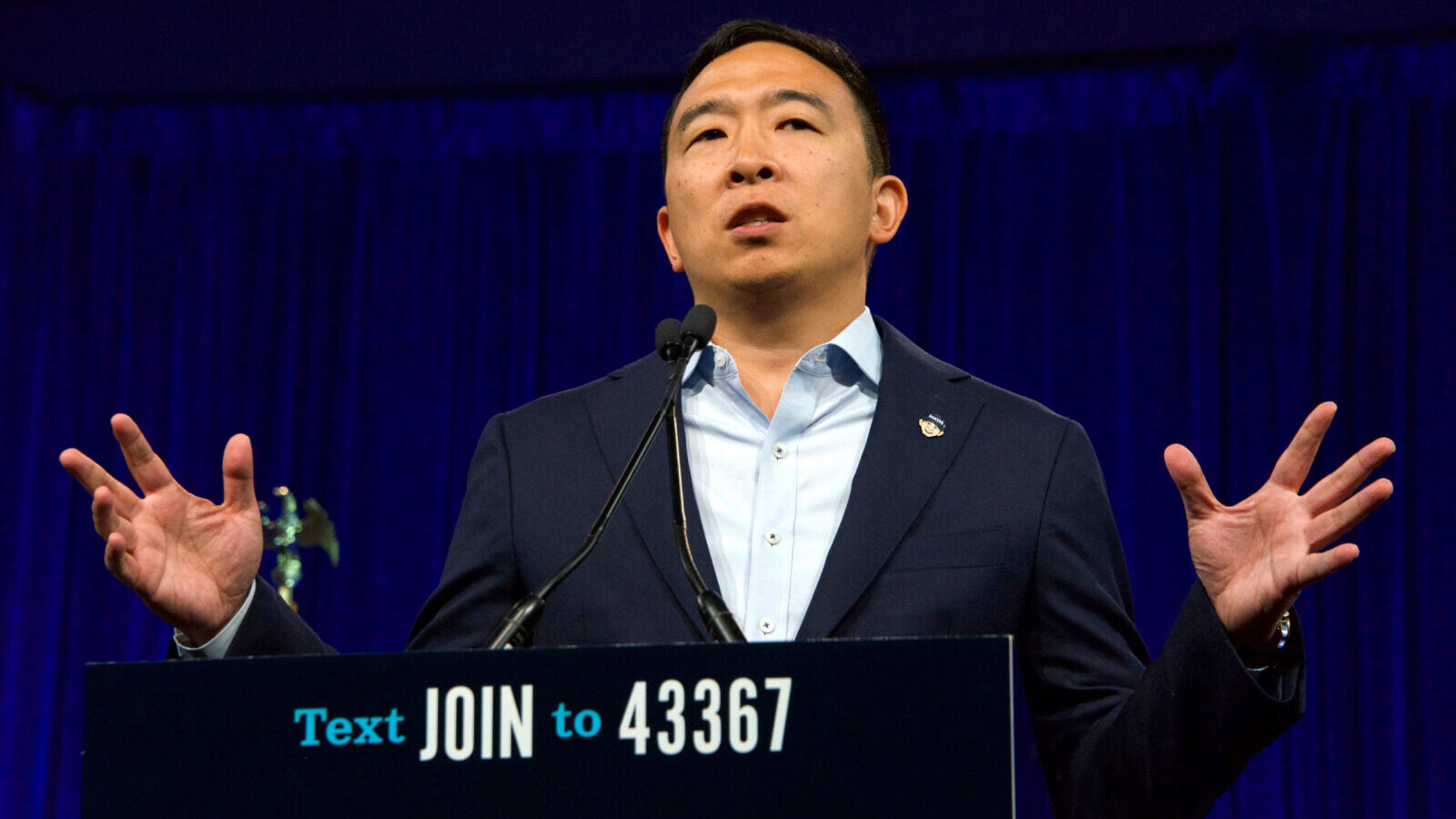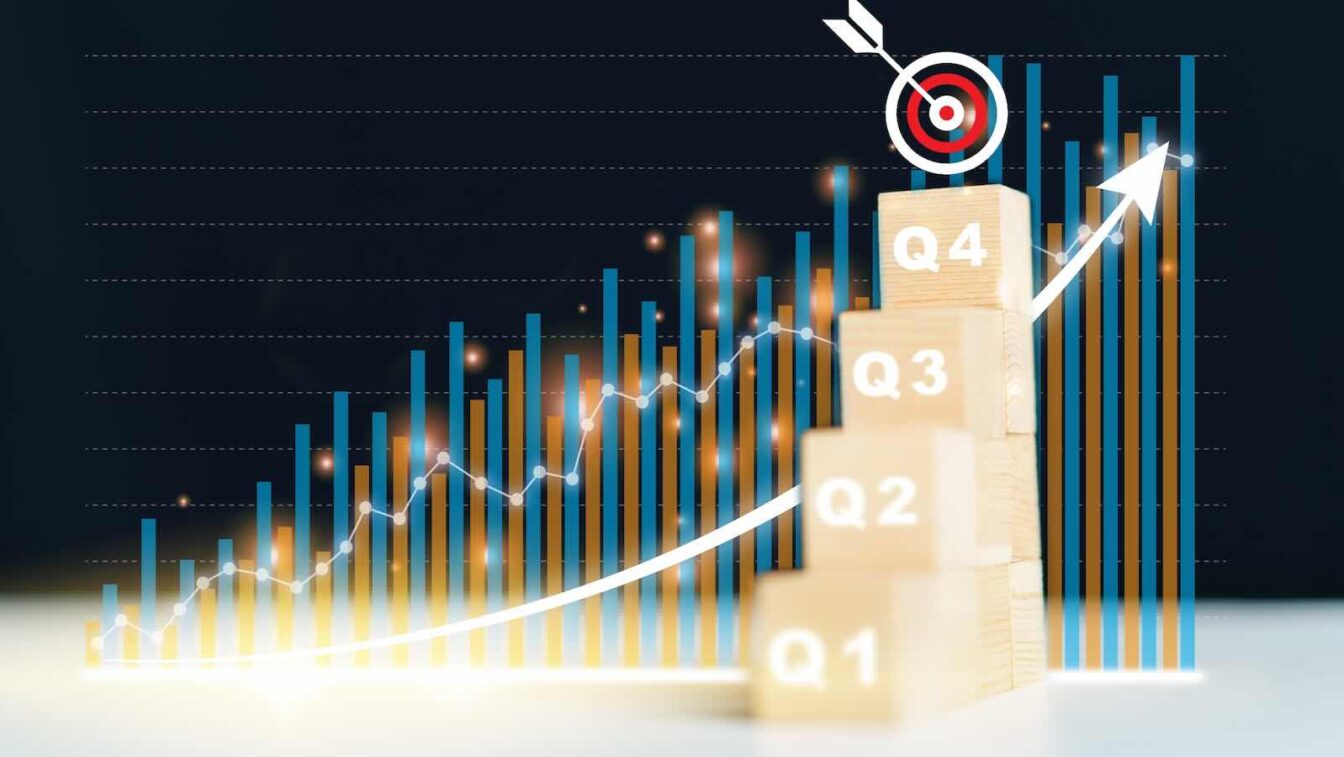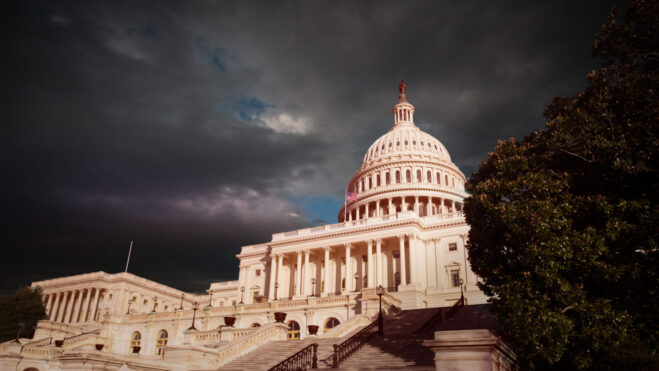On Andrew Yang’s Gambling Problem
The former presidential candidate has a problem with sports betting, perhaps in more ways than one
3 min

This is how Andrew Yang’s bio reads over at Newsweek, where he is a contributor: “In July 2022, Yang, alongside Democrats, Republicans and Independents, launched the new Forward Party to give Americans more choice in our democracy.”
More choice? I like that. I like choices. And I like Yang and his party. A more moderate, centrist place on the political spectrum. So, yes. I like Yang well enough.
But his latest piece for Newsweek is terrible, bordering on dumb, bordering on infantile, bordering on someone who wants to take choice away from Americans, not give them more.
Yang thinks states that don’t yet have sports betting should stay far away from it, and states that do have it should rethink their regulations.
In short: Yang thinks sports betting should be yanked.
As a former Newsweek sports betting editor …
Yang is a sports bettor. He says so right in the first sentence of his OpEd: “I do something regularly that I wish I didn’t. I bet on sports online.”
I mean, if I were an editor at Newsweek — wait, hold on, I was an editor at Newsweek, and it just so happens I was the editor of the publication’s foray into sports betting coverage, which perhaps not-so-incidentally ended the day before Yang’s piece published — I would’ve stopped him right there, taken his phone, and dialed up 1-800-GAMBLER, because it sure does sound like Yang has a problem.
To be clear, and I’m not joking: If you bet on sports online and wish you didn’t, please seek help. That is a sign of a gambling disorder, pure and simple.
But Yang didn’t stop there, didn’t call the helpline. He went down the talking point line, talking about things we already know: There’s tons of sportsbook advertising, free promos, even ESPN has a branded sportsbook, PASPA, bing, bang, boom.
He then takes info from a piece published by the Institute for Family Studies, which cited a pair of studies that purportedly show sports betting is bad, especially among low-savings Americans. Some numbers from the studies: Among people who bet on sports in low-savings households, there’s an 8% increase in credit card debt, a 24% increase in bank overdraft risk, a 25-30% increase in bankruptcy risk from online betting specifically, and reduced investment (each $1 spent on betting reduces investment by $2).
While those numbers above are not awesome, it’s still a little early in the game to treat them as gospel, which the author of the piece, Charles Fain Lehman, does note, despite his similar take that sports betting is #bad.
So, sure. We can argue the merits of sports betting when it comes to low-savings households. Cool.
Andrew Yang, savior of the poor
But Yang doesn’t stop there. He presents it, and then goes — prepare to vomit a bit in your mouth — here: “I used to watch a sporting event and root for a team, or a player or outcome. The emotions are different when money is involved. It has transformed a sense of disappointment into calamity — and in my case the money I’m betting isn’t going to keep me from putting food on the table. Imagine if it did?”
Couple of things: Again — and let me speak directly to Mr. Yang here — if betting on sports is a “calamity” to you, I, once again, urge you to seek help. I’m not being a smart-ass. Seek help.
And secondly, congratulations on having enough money to gamble with. But just because you do, it doesn’t mean people who are economically less fortunate than you shouldn’t be allowed the same rights and freedoms — in this case, betting on Isaiah Hartenstein to have more than 1.5 blocks against the Raptors Thursday night, lock it in — that you have.
Can you imagine if Yang took this view and applied it to other things that are “bad” for you?
“I love filet mignon, but it’s changed the way I eat and it’s so expensive. We need to ban it so poor people can’t waste their money on it.”
“I love top shelf bourbon, but now I can’t stomach Jim Beam, so we need to ban Pappy Van Winkle so poor people can save a few dollars.”
“I love shopping online, but it’s too easy to make impulse purchases so we need to ban it so that poor people stop buying Uggs.”
There’s tons of crap out there that is A) addictive and B) objectively not-so-good for our long-term health, economic or otherwise, that we just happily ignore.
And when it comes to sports betting addiction, it’s just the new shiny toy people like Yang can play with, and one that legitimately pales in comparison to other issues.
Where’s his article on food addiction, which afflicts 14% of adult Americans?
Or the 6% of Americans who suffer from shopping addiction?
Or hell, the 10% of us who have alcohol addiction issues?
For all the hand-wringing, I see precious few articles by precious men like Yang arguing we should ban crappy food, ban online shopping, and bring back Prohibition. And, obviously worth noting here: Even if online sports betting is “banned,” unregulated offshore operators and sweepstakes companies would like to have a word.
Listen: You don’t like sports betting? Don’t bet on sports. You have a problem with betting on sports (or any other addictive behaviors)? Please seek help.
And if you’re Andrew Yang? Well, he should start by deleting the sportsbook apps on his phone, because it sure does sound like he’d be happier without them.






